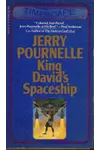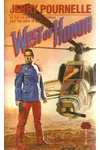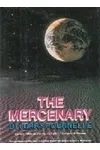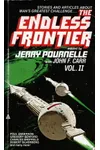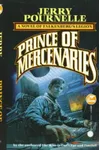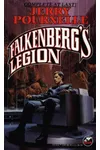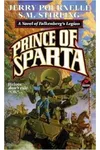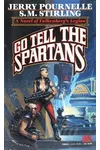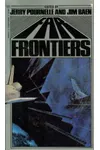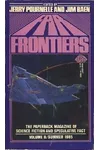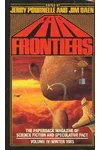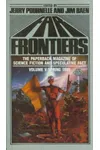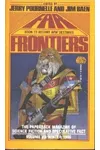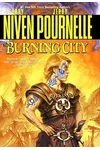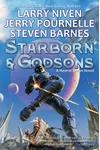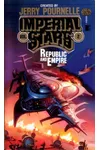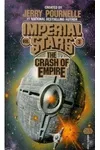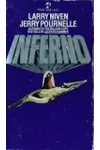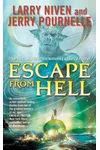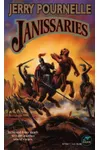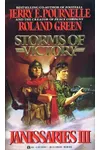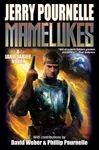Picture a storyteller who spun tales of interstellar mercenaries and alien invasions while typing away on one of the first personal computers—meet Jerry Pournelle! This American science fiction author, technology journalist, and aerospace veteran didn’t just write blockbuster novels; he shaped the future of military sci-fi and tech journalism with a wit as sharp as a laser. From his award-winning collaborations with Larry Niven to his pioneering use of word processors, Pournelle’s legacy is a thrilling blend of hard science and bold imagination.
The Making of Jerry Pournelle
Born on August 7, 1933, in Shreveport, Louisiana, Jerry Eugene Pournelle was a polymath with a knack for adventure. After serving in the U.S. Army during the Korean War, he earned advanced degrees in psychology, statistics, engineering, and political science, including two PhDs from the University of Washington. His early career in aerospace, working on projects like the Mercury and Apollo missions at Boeing and NASA, gave him a front-row seat to humanity’s space ambitions. This real-world experience fueled his fiction, which he began publishing in the early 1970s, starting with the novelette 'Peace with Honor' in Analog magazine.
Jerry Pournelle’s Unforgettable Stories
Pournelle’s novels are a masterclass in military science fiction, blending gritty realism with speculative wonder. His CoDominium series, featuring the mercenary leader John Christian Falkenberg, explores interstellar politics and warfare with a nod to Robert A. Heinlein’s Starship Troopers. 'The Mote in God’s Eye,' co-authored with Larry Niven, is a landmark first-contact tale praised by Heinlein himself as 'possibly the finest science fiction novel I have ever read.' This 1974 bestseller dives into humanity’s encounter with the Moties, an alien race with a complex, tragic biology. Another gem, 'Lucifer’s Hammer' (also with Niven), delivers a gripping post-apocalyptic saga about a comet’s collision with Earth, packed with suspense and human resilience. Pournelle’s collaboration 'Footfall' imagines an alien invasion by elephant-like creatures, hitting the New York Times bestseller list with its mix of hard science and high stakes. His style—politically conservative, technically precise, and unapologetically action-driven—set a benchmark for the genre.
Beyond fiction, Pournelle’s 'Chaos Manor' column in Byte magazine made him a tech journalism pioneer. From the 1970s to the 1990s, he demystified personal computers for readers, famously declaring, 'We do this stuff so you won’t have to.' His claim to fame as the first author to write a novel on a word processor (using a 1977 Electric Pencil system) revolutionized how writers worked, cementing his tech legacy.
Why Jerry Pournelle Matters
Jerry Pournelle didn’t just write stories; he shaped how we think about the future. His military sci-fi influenced a generation of writers, while his advocacy for space exploration—through works like 'A Step Farther Out' and his role in the Citizens’ Advisory Council on National Space Policy—helped lay the groundwork for today’s private space industry. His Prometheus Award for 'Fallen Angels' and John W. Campbell Award for Best New Writer in 1973 highlight his literary impact. Pournelle’s conservative worldview, often woven into his fiction, sparked debate but never dulled his storytelling prowess. His passing in 2017 at age 84 left a void, but his vision of a 'free, spacefaring civilization' endures.
- Born: August 7, 1933
- Died: September 8, 2017
- Key Works: The Mote in God’s Eye, Lucifer’s Hammer, Footfall
- Awards: John W. Campbell Award (1973), Prometheus Award (1992)
Snag 'The Mote in God’s Eye' and dive into Jerry Pournelle’s thrilling universe of hard sci-fi and bold ideas!
